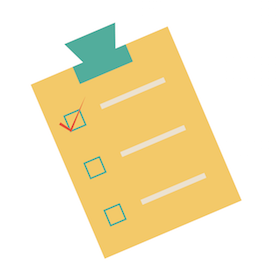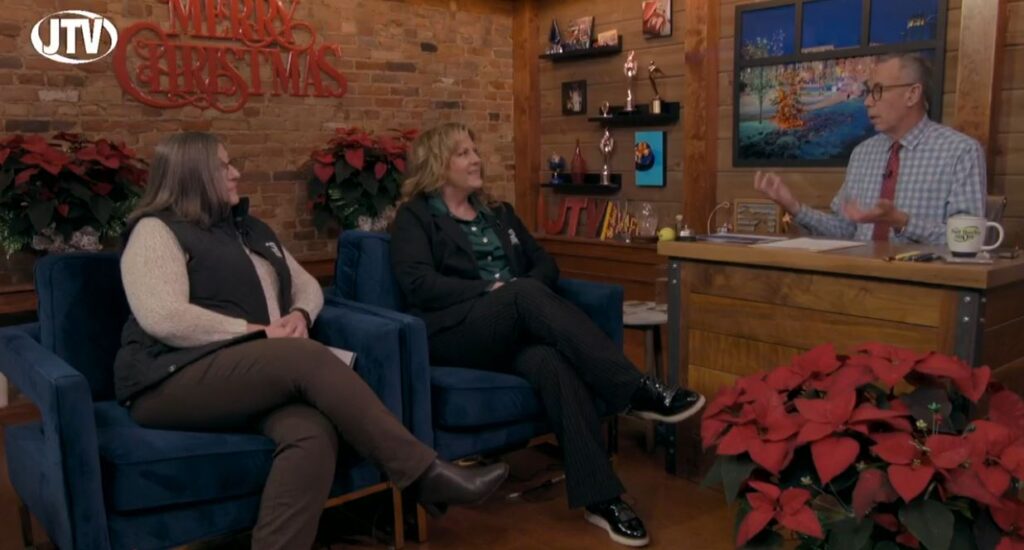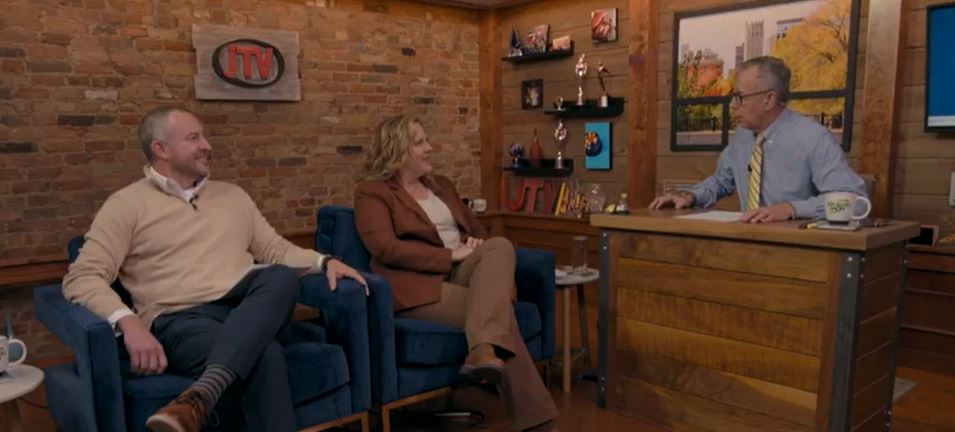
Life can be difficult when a loved one or we are ill and medical bills start to arrive. This becomes a very stressful time and can cause financial distress. One thing we have to do when medical bills start to pile up is become our own advocate. We need to take control of the situation to keep our bills from going to medical debt collections. Here are six ways to help:
1. Pay on time if you can
While this seems obvious, we often become overwhelmed with family issues or crises. We may forget we have medical bills piling up. We might also not know how to differentiate an x-ray bill, and the x-ray analysis bill. If we are unaware of them, our bills may go to medical debt collections. Try to stay on top of your bills and pay on time if you can.
2. Make arrangements to make special payments
If your medical bills are too much, ask about your payment options. You may be able to arrange a monthly payment plan that is within your means.
3. Negotiate lower costs
Many medical providers will negotiate your costs especially if you are self-insured. Oftentimes patients with insurance are charged higher rates because insurance companies and medical providers have massive volumes of claims and can negotiate better pricing. When we are not part of this system because we are self-insured, and/or have high deductibles, we can negotiate lower costs.
4. Talk to the billing department
If you can’t pay your medical bills on time, negotiate your payments with billing departments. Doctors and hospitals have no reason to want force you into medical debt collection. They will usually work with you. The billing department can help you learn about payment plans and avoid collections.
 5. Verify that all billings are correct
5. Verify that all billings are correct
Hospital bills seem complex, and often go unquestioned. It can be useful to take a fine tooth comb through your hospital bills, and make sure your billings are correct. Verify that all procedures were physician-requested, and performed. This can help you avoid over billing.
6. Ask for Help
If you are living at or below the poverty level, there are assistance programs available to you. Ask your doctor’s office or the hospital about assistance programs. Doctors and hospitals may waive part of your medical fees if they know you are in financial trouble. Local and national charities may also offer help when medical bills are out of your ability to pay. Check into Medicaid and apply if you are eligible.
Take control of the situation and communicate with your medical providers. You may also consider a personal loan. A personal loan will help you to consolidate your bills and manage your payments. Talk to your banker about personal loan options which may reduce financial stresses that you are feeling.



